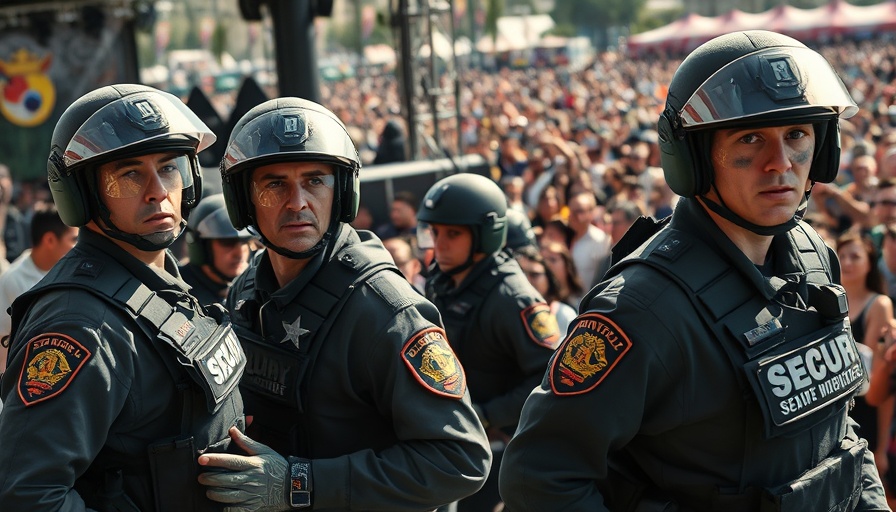
A Year After the Trump Assassination Attempt: An In-Depth Look at Security Changes
It has been one year since an assassination attempt on former President Donald Trump during a campaign rally in Butler, Pennsylvania, sending shockwaves through the political landscape and raising concerns about the effectiveness of the U.S. Secret Service. On July 13, 2024, a young gunman, Michael Thomas Crooks, took eight shots at Trump, resulting in one death and two injuries before a Secret Service agent neutralized the threat. This incident highlighted significant lapses in security protocol and has prompted critical responses from government committees and former agents.
Failures in Planning: Understanding What Went Wrong
The events that transpired that fateful day revealed a perfect storm of failures. Questions arose regarding how the Secret Service allowed a sniper to have a clear line of sight to the former president while on stage. Additionally, other incidents, such as a separate gunman being spotted at one of Trump’s golf courses, further fueled scrutiny of the agency tasked with protecting the leader of the free world. Bobby McDonald, a retired supervisory agent turned academic, remarked, "This was a wake-up call for the Secret Service" and emphasized the necessity for reform.
Public Reaction and Community Safety Concerns
For Central Florida residents and the broader public, such high-profile security failures can lead to heightened fear and uncertainty. The community’s response has been to demand transparency and accountability from the Secret Service, questioning what measures are taken to ensure public safety at political events. This incident has sparked discussions about the broader implications for crime and public safety during an election season, revealing a dissonance in public confidence regarding protective measures for political figures.
Investigations and Accountability: Steps Forward
Since the attempt on Trump's life, multiple investigations have been initiated to dissect the missteps that led to the near-tragedy. Senate committees, alongside federal agencies, have been delving into the agency’s operational failures. What responsibilities should fall on the event organizers, and how can the Secret Service more effectively coordinate with local law enforcement? These questions remain central to ongoing discussions regarding ethics and accountability in national security.
The Impact on Future Campaign Events
Looking ahead, one of the most pressing questions is how this incident will shape the future of political campaign events in the U.S. Candidates may face increased scrutiny regarding their security protocols, leading to potential changes in practices and regulations to help mitigate risk. Additionally, organizers will have to balance the need for accessibility and openness with the utmost priority on safety, fundamentally reshaping how political rallies occur.
Potential Changes Within the Secret Service
In response to the climactic events of last year, the Secret Service has instituted changes aimed at enhancing its protective measures. These adjustments must consider not just the physical security of candidates but also how to build public trust and confidence in their protective capabilities. As Trump campaigns in the upcoming election, heightened security measures will play a crucial role in ensuring both his safety and that of his supporters.
Concluding Thoughts: The Need for Continued Vigilance
As the anniversary of the assassination attempt passes, it serves as a reminder of the ongoing challenges that lie ahead for the Secret Service and the importance of safeguarding democracy through enhanced public safety measures. For community members, it is essential to engage with local leaders and law enforcement to promote dialogue around public safety, particularly as campaign events ramp up. The responsibility of ensuring a secure democratic process falls on all stakeholders, including citizens, officials, and the agencies tasked with upholding that security.
 Add Row
Add Row  Add
Add 






Write A Comment